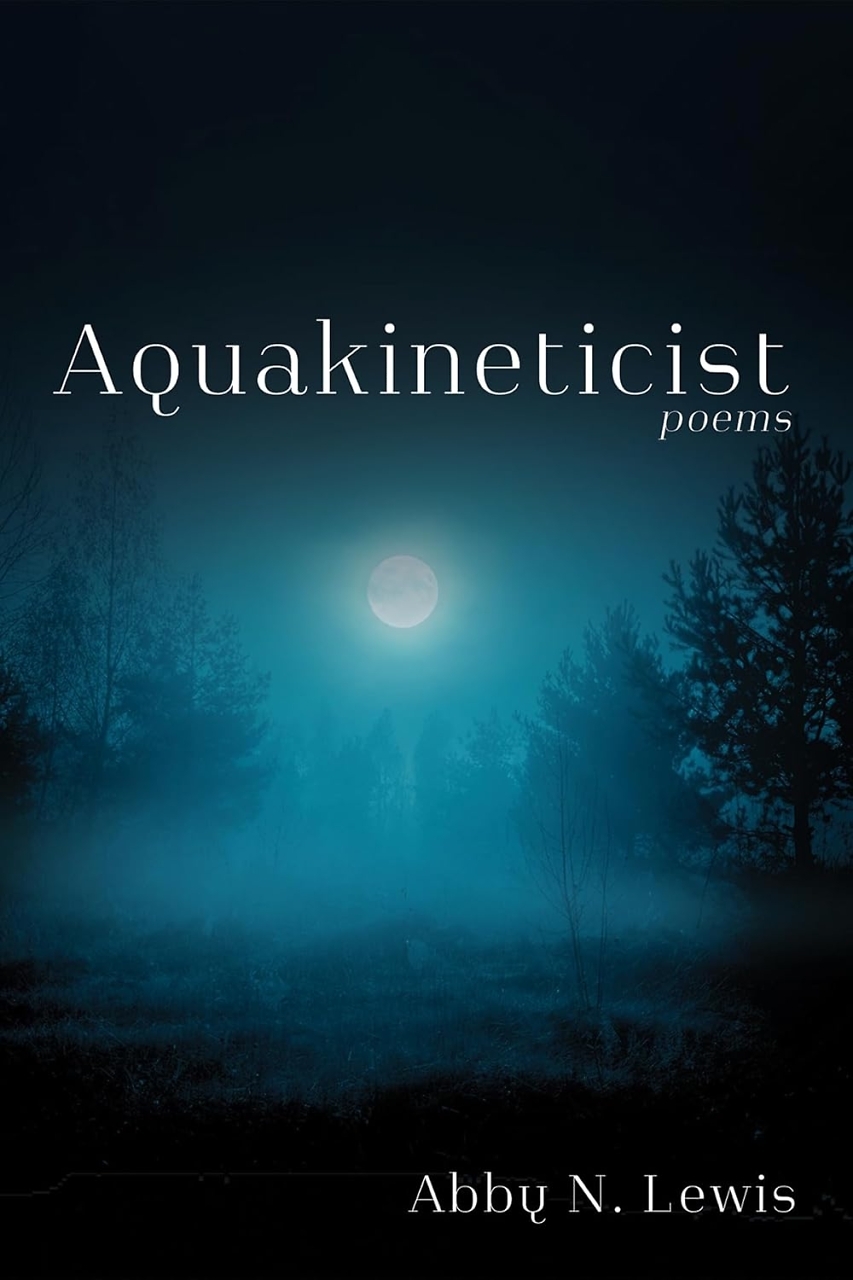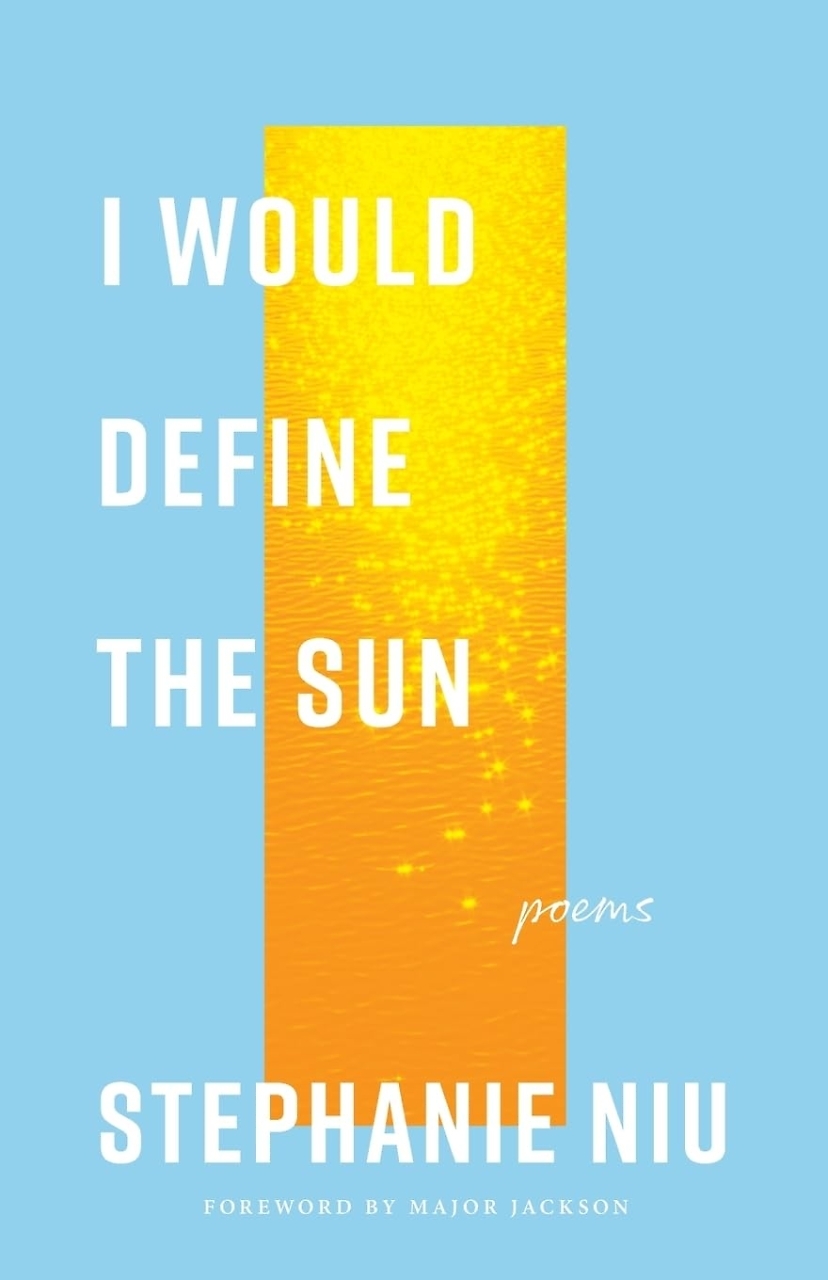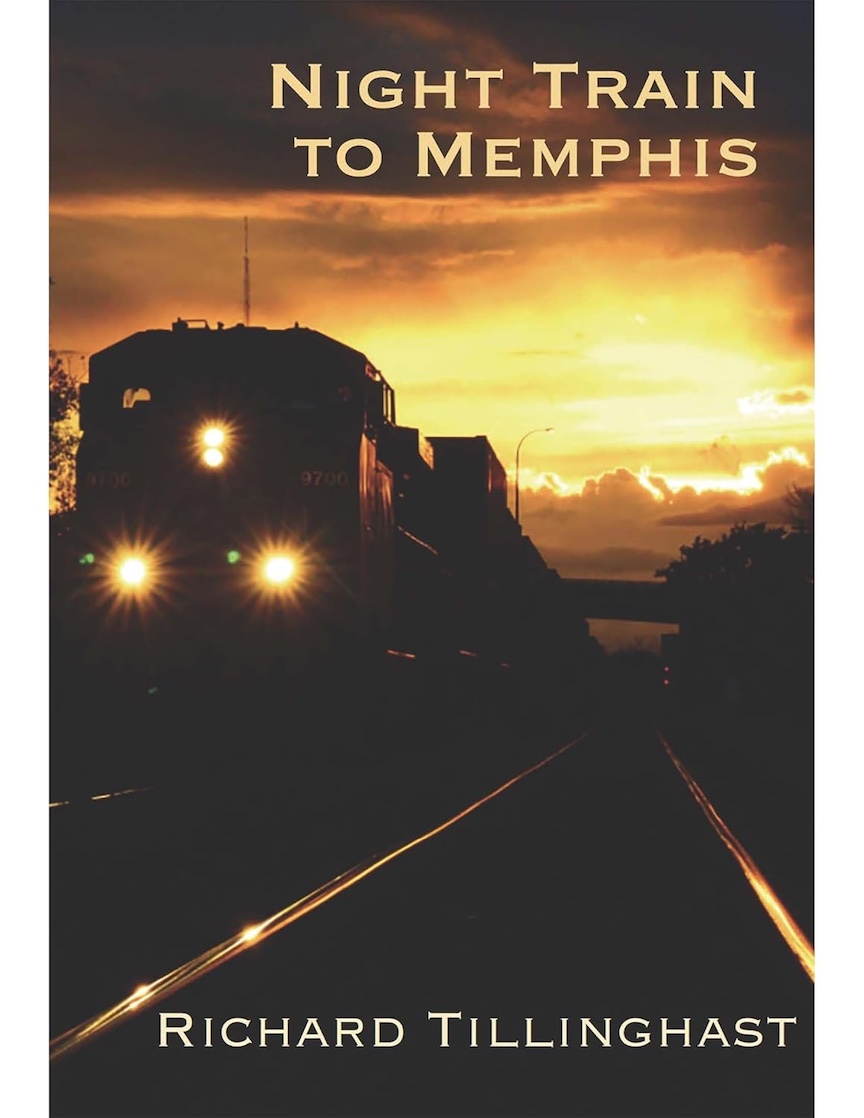The Sanctuary of Becoming
Links between the human and nonhuman worlds feature powerfully in three new poetry collections
Stephanie Niu’s I Would Define the Sun
The poems in Stephanie Niu’s debut collection, I Would Define the Sun, revel in expansive spaces of mystery: the ocean’s vast depths, the unfathomable origins of planets and galaxies, the dark of a mother’s womb. And in each of these settings, the most prized human experience is awe.
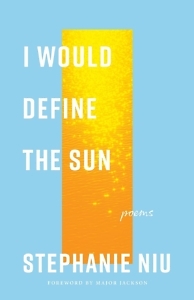 Unleashing high emotion and open-hearted spirit into these poems, Niu foregrounds the link between the unknowable complexity and mystery of the nonhuman world around us and the myriad ways its persistent presence resonates throughout our lives.
Unleashing high emotion and open-hearted spirit into these poems, Niu foregrounds the link between the unknowable complexity and mystery of the nonhuman world around us and the myriad ways its persistent presence resonates throughout our lives.
I Would Define the Sun is the winner of the inaugural Vanderbilt University Literary Prize. In the book’s foreword, Nashville poet Major Jackson highlights the exuberance of Niu’s vision. “These poems are not bound by constraint,” Jackson writes. “They do not shy away from the beauty and messiness of living.”
Niu, who grew up in Georgia and currently lives in Brooklyn, was a recipient of a Fulbright Scholarship that allowed her to study on Christmas Island. Tropical rainforests and teeming shorelines animate many of I Would Define the Sun’s most vibrant poems and provide abundant opportunity for images that offer insight into our relationships to the nonhuman world.
The speaker of “The World’s Heart” describes the perpetual surprises that nature offers: “If I sliced the world open / just below the gills, I’d find another fish / inside, scarlet and going still.” In its complexity and interconnectivity, nature envelopes us but does not place us at its center.
This truth is a crucial (and exhausting) feature of attempts to comprehend climate crisis. A memorable poem, “Information Worker at the End of the World,” points out: “The earth is more burned out than my coworkers.” Another poem, “Motherhood in the Climate Crisis,” reckons with the ethics of choosing whether to give birth at a time of dangerous ecological tipping point.
The figure of a fascinating mother — one who immigrated across the world, studied to become an astronaut, suffered miscarriages, and rode bikes along sandbars — recurs throughout I Would Define the Sun. Shown in these varying lights, she provides as much warmth and mystery as any other natural wonder and acts as a focal point for the book’s expansive vision.
“One day, I will show my mother the swells,” the speaker tells us, “how the sea collapses, collects itself into shell / -shaped waves, the way they pull you near before letting you free.” Despite the toll of our contemporary world’s profound unknowns, Niu’s poems insist upon remaining open to the joys of learning and connection.
I Would Define the Sun
By Stephanie Niu
Vanderbilt University Press
72 pages
Richard Tillinghast’s Night Train to Memphis
Richard Tillinghast’s Night Train to Memphis inhabits a numinous space of memory and observation. At times, these poems are reflections on past experience. Other times, they edge closer to confrontation, prodding the past for signs of the dangers and crises to come.
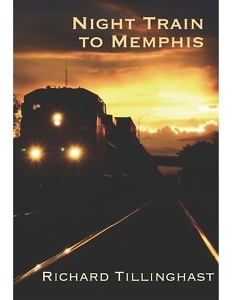 A Memphis native who spent decades living in California and Ireland, Tillinghast eventually returned to Tennessee, now splitting his time between Sewanee and Hawaii. He is the author of 13 previous poetry collections, including Blue If Only I Could Tell You, and 5 books of nonfiction, among them a traveler’s guide to Istanbul.
A Memphis native who spent decades living in California and Ireland, Tillinghast eventually returned to Tennessee, now splitting his time between Sewanee and Hawaii. He is the author of 13 previous poetry collections, including Blue If Only I Could Tell You, and 5 books of nonfiction, among them a traveler’s guide to Istanbul.
Tillinghast’s broad experience is reflected in the range of these poems’ settings and subtexts, encompassing childhood memories of Beale Street, chili day in a prison chow line, and the oppression of Tibet by Chinese forces. Tillinghast manages these disparate elements by imbuing the speakers of his poems with empathetic, self-aware humility. Through tonal consistency, Tillinghast is able to move from subject to subject with agility and subtle insight.
Nature, faith, and mortality recur constantly throughout these poems. “Two Fires” contrasts the nurturing warmth of a campfire among friends with the nightmarish devastation of contemporary wildfires. Considering the ways in which human actions have threatened seemingly all ecosystems, the poem asks: “What are the trees saying among themselves / down there in the commonwealth of roots?”
“Sweeping” explores the tensions between our lives as bodies that originate from the elements of the physical world and our intellectual drives to name things and arrange them in some kind of order that makes sense to us, if only for a moment.
In the title poem of Night Train to Memphis, the speaker invokes a sense of meditative attunement to his surroundings as the train he’s riding moves through the Blue Ridge mountains, “passing stations / like beads on a rosary.”
“Every trip home / is a pilgrimage into the self,” he writes. “I need to follow my footsteps backwards, / bewildered and astonished / into my childhood —/ so I can enter the sanctuary of becoming.”
Within this experience — and in the collection as a whole — “the sanctuary of becoming” is a crucial perspective. Tillinghast creates a sense of present-time awareness while engaged in recollection, preventing his poems about the past from slipping into an uncritical tone of nostalgia. Rather, these poems about the past point us along a singed path toward a dangerous present.
Night Train to Memphis
By Richard Tillinghast
White Pine Press
102 pages
$18
Abby N. Lewis’ Aquakineticist
In the opening poem of Aquakineticist, Abby N. Lewis’ second full-length collection, the speaker invokes heady memories of late-night drives on “Sevierville back roads,” relishing times of intimate companionship: “We were young and fearless; / we had more time ahead of us / than leaves on that branch — / and we were burning stars.”
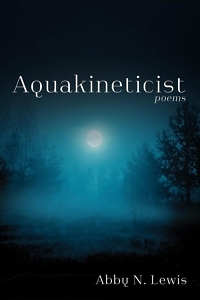 Lewis’ deep roots in East Tennessee began in Dandridge, a small town east of Knoxville. Her poems’ subjects reflect the landscapes and cultural dynamics found in the Mountain South. These East Tennessee settings are well rendered and filled with atmospheric detail, closely observed and clearly communicated.
Lewis’ deep roots in East Tennessee began in Dandridge, a small town east of Knoxville. Her poems’ subjects reflect the landscapes and cultural dynamics found in the Mountain South. These East Tennessee settings are well rendered and filled with atmospheric detail, closely observed and clearly communicated.
At its strongest, Aquakineticist benefits from Lewis’ grasp on the potent ways memory is often tied to sensory experience. A family fishing trip unfolds in visceral detail when a bass suddenly spills its eggs onto the deck. The pattern of raindrops on an aluminum porch roof releases a tumult of early memories. The color red slices through a woman’s consciousness, spliced with troubling shards of imagery that she refuses to accept as real.
In “The Flood,” the speaker wades into her flooded back yard and climbs onto a low-hanging tree branch. “I rested low in the tree, let my legs // embrace the water,” Lewis writes, “felt the liquid / brush of a bluegill’s greeting, // its excitement moving, electric, up my leg.”
Poems like “The Flood” portray memorable depictions of girlhood, a prominent and dynamic subject in Aquakineticist. Some poems depict warm and affectionate remembrances, as in a close kinship with a sister. Others invoke the voices of a mother or grandmother, communicating the many messages — both subtle and overbearing — that young girls receive about the expectations and the limits already imposed on them by family and community.
Nowhere is this more strongly conveyed than “Palm Up, Fingers Curled (Or, This Is How It Happened).” In this unnerving poem, the speaker sits among a family gathering and listens to her grandfather describe a news story in lurid detail: the abduction, rape, and murder of a young woman. The speaker recalls her hyperawareness of her own female body, unbearably conspicuous as the men of her family discuss sexualized violence in front of her.
Here and in numerous other poems, Aquakineticist navigates with a fine sense of nuance between the warm glow of some physicalized memories and the haunting legacy of others.
Aquakineticist
By Abby N. Lewis
Resource Publications
136 pages
$14

Emily Choate’s fiction and essays have appeared in Mississippi Review, storySouth, Shenandoah, The Florida Review, Rappahannock Review, Atticus Review, Tupelo Quarterly, and elsewhere. She holds an M.F.A. from Sarah Lawrence College, served as one of the founding editors of Peauxdunque Review, and lives near Nashville, where she’s working on a novel.
